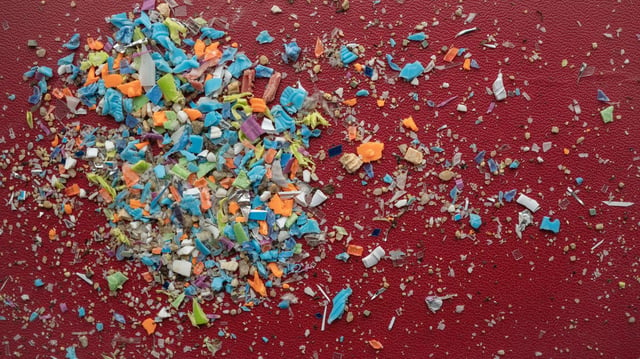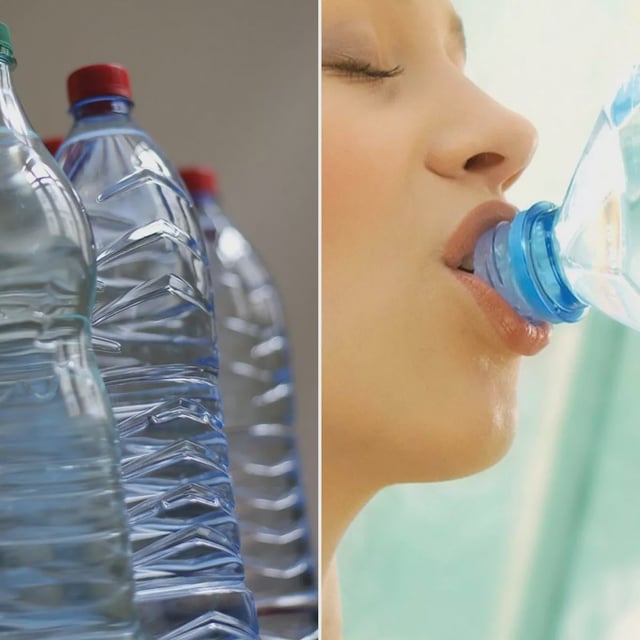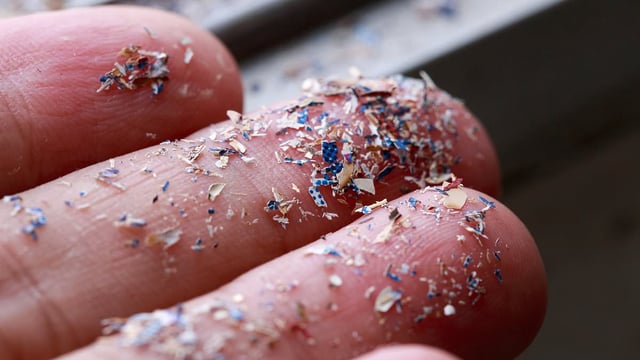Overview
- Researchers grew ex vivo gut microbiome cultures from five healthy volunteers and exposed them to five common microplastics at human-relevant and higher doses.
- Cultures treated with microplastics showed a consistent drop in pH, indicating altered microbial metabolism, while total and viable bacterial counts remained largely stable.
- Plastic-specific shifts were observed across families including Lachnospiraceae, Oscillospiraceae, Enterobacteriaceae and Ruminococcaceae, mostly within the phylum Bacillota.
- Metabolite profiles changed alongside composition, with certain plastics altering levels of valeric acid, 5-aminopentanoic acid, lysine or lactic acid.
- Some shifts mirrored patterns previously associated with depression and colorectal cancer, but the small, ex vivo design limits conclusions and underscores the need for in vivo and epidemiological studies.



